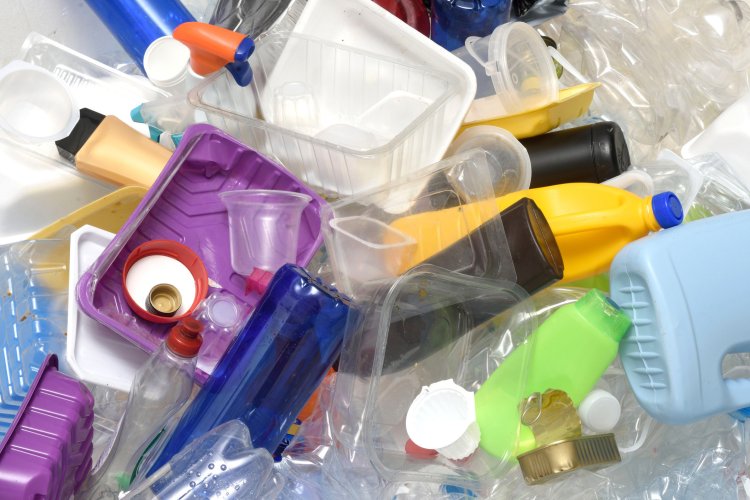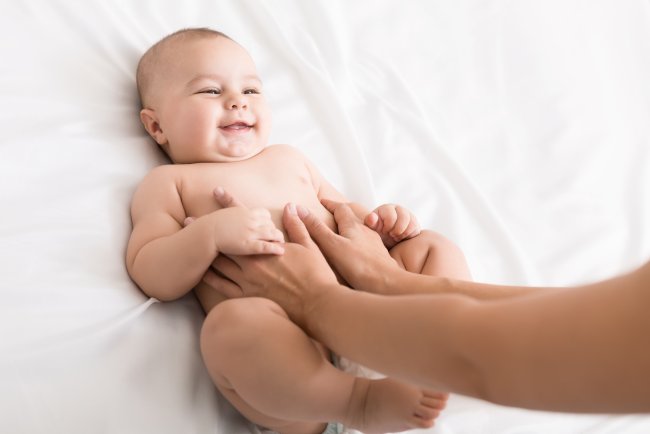Why Pregnant Women Should Be Wary of Phthalates The Invisible Chemical in Everyday Life
Most expecting moms already know the classic pregnancy no-gos: skip the sushi, say no to soft cheeses, and avoid alcohol and tobacco. But what about your favorite lipstick, that floral perfume you spritz on every morning, or even the “luxury” lotion you slather on before bed? Few women realize that these everyday indulgences may come with hidden risks—thanks to a group of chemicals called phthalates.

What Exactly Are Phthalates?
Phthalates are sneaky. They’re not some rare industrial chemical locked away in a lab; they’re practically everywhere. Found in plastics, food packaging, vinyl flooring, children’s toys, garden hoses, and most personal care products, phthalates are almost impossible to avoid entirely.
The unsettling part? They’re not just passive ingredients. Phthalates can mimic hormones in the body, disrupt male genital development, and even increase the risk of long-term conditions like cardiovascular disease and diabetes.
Why Pregnancy Exposure Matters Even More
The story gets more concerning when we zoom in on pregnancy. Studies suggest that when mothers are exposed to phthalates during pregnancy, it may affect their children’s development:
Motor skills: Kids whose mothers had higher exposure showed more difficulty with fine and gross motor skills—not just in sports but in everyday coordination.
Language development: Other research revealed that phthalate exposure in the womb could be linked to language delays in young children.
In other words, exposure doesn’t just affect moms—it may shape a child’s abilities from the very beginning.
How to Reduce Phthalate Exposure During Pregnancy

The bad news: phthalates are practically unavoidable. The good news: you can significantly reduce exposure with a few mindful choices.
Rethink plastics: Avoid food containers marked with the recycling codes 3 or 7. Use glass, ceramic, or stainless steel instead.
Skip plastic packaging: When possible, buy fresh produce and bulk goods rather than plastic-wrapped foods.
Don’t microwave plastic: Heat accelerates chemical leaching. Stick to microwave-safe glass or ceramic dishes.
Say no to fragrance: If “fragrance” is listed on the label, it likely contains phthalates. Opt for fragrance-free products instead.
Go handmade or DIY: From coconut oil as moisturizer to vinegar for cleaning, you’d be surprised how many natural swaps exist. Homemade personal care products cut out hidden chemicals entirely.
Check trusted resources: The Environmental Working Group (EWG) has a searchable database that rates thousands of products for chemical safety.
Wash your hands often: Simple soap and water can wash away lingering chemical residues.
Protecting Your Baby Beyond Birth
Phthalate avoidance doesn’t stop once your baby arrives. Infants and toddlers are especially vulnerable since they chew on toys and bottles—many of which are made from plastic. Choose BPA- and phthalate-free bottles, fragrance-free baby products, and continue minimizing plastics in your home.
The Bigger Picture: Back to Basics
We can’t completely escape phthalates or any modern chemical, really. But pregnancy offers a powerful reminder to pause and reconsider what we put on our bodies and bring into our homes. Sometimes the safest option is the simplest: fragrance-free, minimally processed, back-to-basics living.
And while “all-natural” might sound like a trend, when it comes to protecting a growing baby, it may be one of the wisest choices you can make.
What's Your Reaction?




















